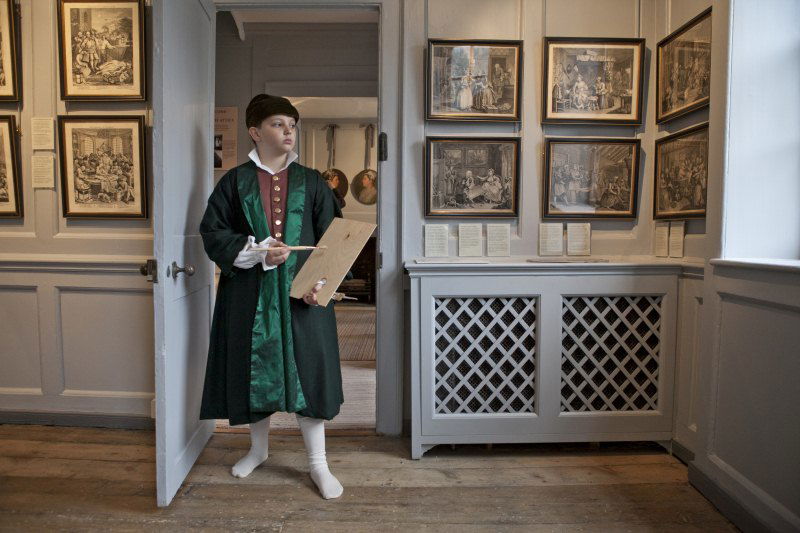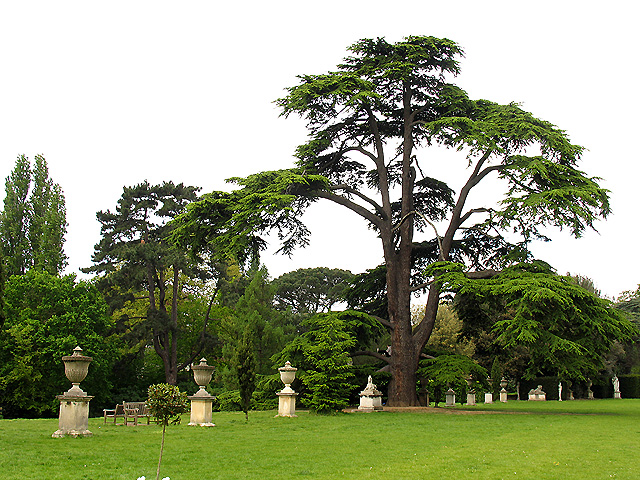I am delighted to announce that the first full and complete draft of Death of a Dreamonger has been completed. It is a mysterious, funny work with a thrilling climax - I will be very proud of it.
While I am waiting for it to simmer down and I can see it with fresh eyes, I plan to start my next book. This book will fit in a little more with the general theme of the site as I plan to write a mid-eighteenth century book.
The exciting and unique idea is that the novel will not merely be set in the eighteenth century, but will be an eighteenth century novel utilising much of the narrative style, authorial tics and general attitude to the work that is present in books from that time.
The exciting and unique idea is that the novel will not merely be set in the eighteenth century, but will be an eighteenth century novel utilising much of the narrative style, authorial tics and general attitude to the work that is present in books from that time.
This will of course be a difficult and problematic task, but I feel there is so much vitality in the eighteenth century novel, and the varying approaches to it, that this book promises to be something exciting and lively, with much zip and cheek and a big dollop of playfulness.
I plan to use Henry Fielding and Tom Jones as the main inspiration but there will be chapters and sections in the style of Sterne (who I love more than Fielding, but am too cowardly to stick to all the way through) Richardson, Burney, Godwin - as well as sentimental chapters and gothic chapters... The whole concept excites me and is really getting me going.
Although most of my inspiration will be from the mid-eighteenth century, I plan for the title of the book to hark back to those 'blurb title pages' of Defoe. However, this hasn't been fully thought through yet, so I am currently calling it Into the Big City for short.
The story is about a young man, addled by a little learning, who believes himself to be a poet of rare and exceptional talent. He leaves his Warwickshire village and enters London with a view to making his literary fortune.
There he finds things much harder than he expected, getting stuck in the middle of gang warfare between a hardened thief-taker and a highwayman. His stupidity and innocence often save him as he stumbles around the city trying to make his own way.
Will he avoid the criminal's knife and the magistrate's noose? Will he find love or fortune? Will he ever write a poem anyone would want to read? ... Those are the questions we shall find the answers to.
Until next time
The story is about a young man, addled by a little learning, who believes himself to be a poet of rare and exceptional talent. He leaves his Warwickshire village and enters London with a view to making his literary fortune.
There he finds things much harder than he expected, getting stuck in the middle of gang warfare between a hardened thief-taker and a highwayman. His stupidity and innocence often save him as he stumbles around the city trying to make his own way.
Will he avoid the criminal's knife and the magistrate's noose? Will he find love or fortune? Will he ever write a poem anyone would want to read? ... Those are the questions we shall find the answers to.
Until next time






